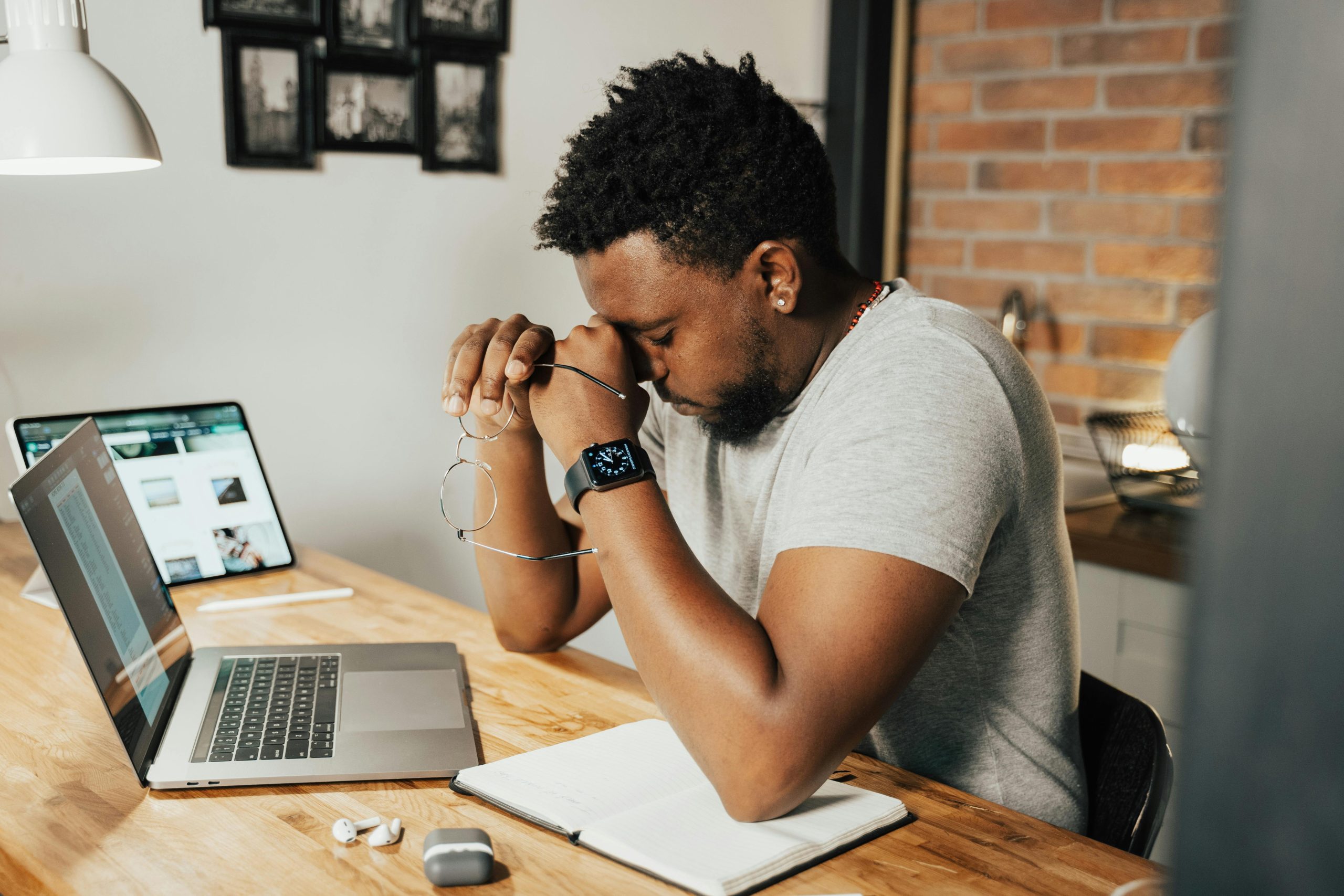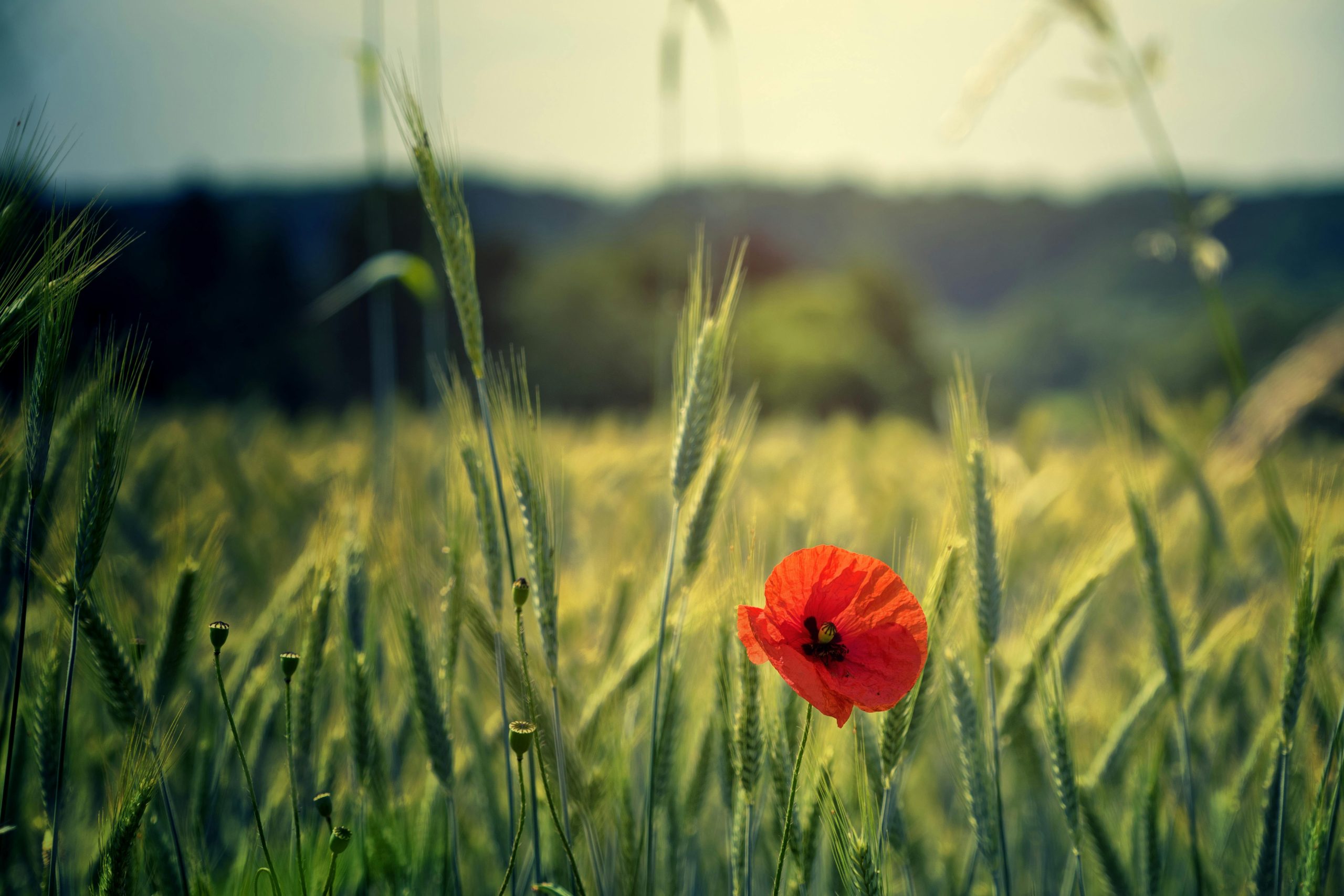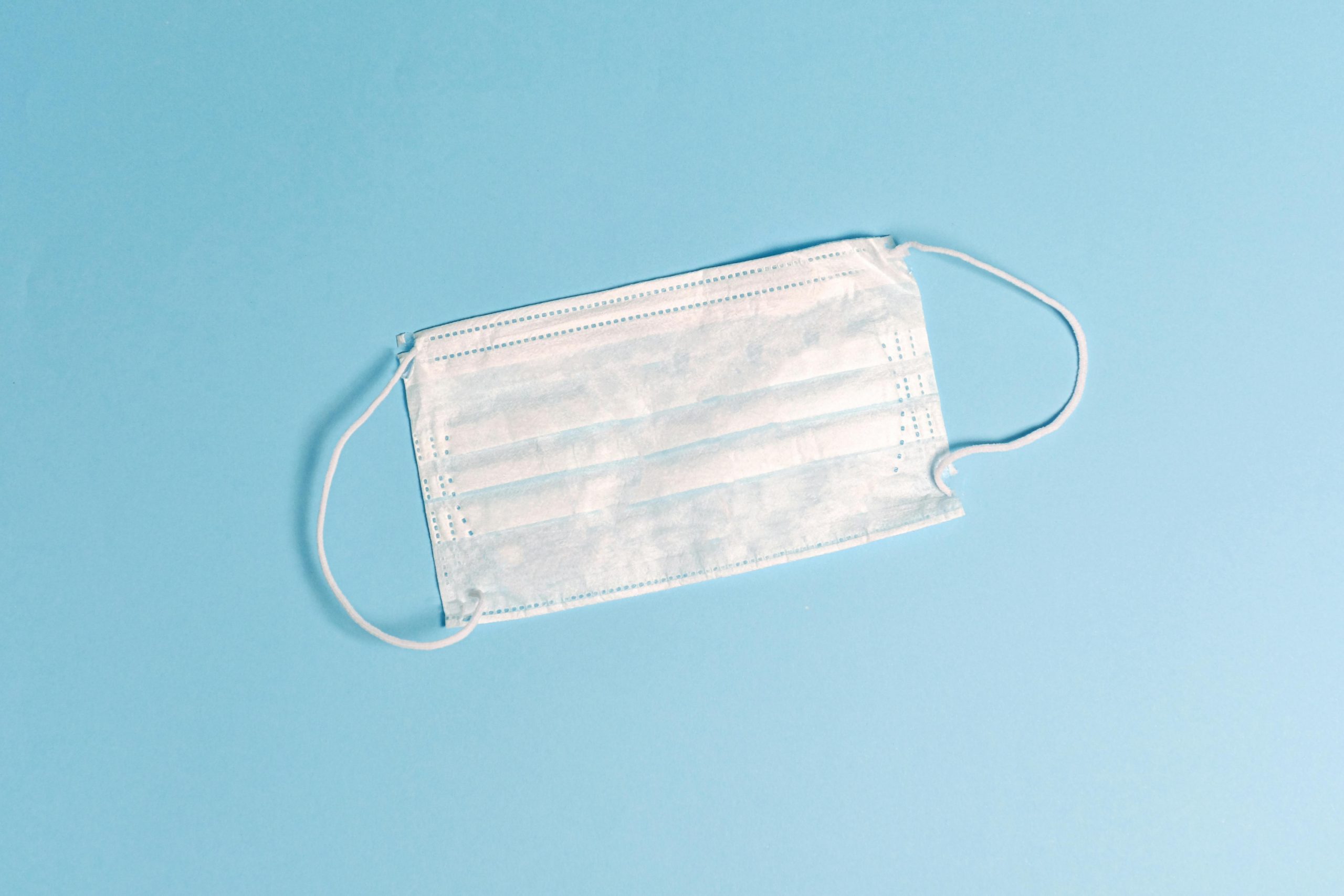This article was published on 17 Jan 2022. At the time of publishing, this article was true and accurate, however, over time this may have changed. Some links may no longer work. If you have any concerns about this please contact us
Blue Monday is the name given to the third Monday of January every year. It is claimed to be the most depressing day of the year. The reason for this includes factors like the cold, wet weather, short daylight days, Christmas debt, the time elapsed since your last pay day, Christmas seems like a distant memory, you’ve already failed with your New Year’s resolutions and it feels like a long time until the summer. For most of us this means our motivational levels are low.
January is the usually the month when you understand just how much Christmas has cost you. Every year, thousands of us dread the credit card bills arriving and this is when the financial hangover from Christmas become reality. This is to be expected, as Christmas is the most expensive time of the year, with many people using their credit cards and overdrafts to pay for the festivities. If this has affected you this year, read our talk money guide here to ensure this isn’t the case for you again in 2023.
Many people don’t believe Blue Monday is real and that it’s just a Marketing plan to help sell more summer holidays, but we do know that during the winter months, with shorter, darker days we generally spend more time indoors, which can have a negative impact on our mental health. Some people suffer from seasonal affective disorder (SAD) which can increase depression and anxiety. With January coming straight after the highlight of Christmas and also for many a month where the Christmas spending credit card bill has arrived, it’s not surprising that January tends to be the least favourite month of the year for
many people. It is therefore vital that you make an effort to protect your wellbeing.
Stress and anxiety can be caused by many things, not just financial worries, including not seeing family, friends and colleagues face to face, work deadlines, relationship problems and home life.
Stress isn’t a mental health condition, but it can cause a mental health problem, like anxiety or depression or it can cause an existing one to get worse. Stress can also affect you physically, it can cause headaches, insomnia, tiredness or stomach problems. For more information on managing worries and stress read our guide here.
Some ways you can combat Blue Monday:
Sunlight
Natural light helps stabilise serotonin and triggers endorphins, both mood-boosting hormones. Try to get outside as much as you can during the day to give your wellbeing a positive boost.
Be sociable
You can achieve this without spending lots of money. You could host game and movie nights for your friends, this could be virtual, regularly talk to your loved ones or go for a walk with a friend.
Set achievable targets
If you’re struggling to keep your New Year’s resolutions, re-set them now or set a new goal to achieve around Blue Monday.
Be realistic
Understand that you may feel low during January, the reasons why this is the case and that’s its ok to not be ok and it should pass. If it doesn’t or how you are feeling is more than just the January blues, then talk to someone and get some help.
Exercise
Walking, swimming and cycling will boost endorphins, and will leave you feeling calmer and happier.
With money worries being one of the largest wellbeing challenges facing us during January, it’s important to start talking about money worries before your situation gets worse.
Worrying about money can negatively affect your mental health and for those people experiencing mental health problems it makes it harder to manage their finances.
The stress of dealing with financial pressures does not just affect your personal life. It can affect your work, family life, health, and relationships. It’s therefore important to talk about
money worries.
For more tips on how to spend less read our guide here.
For more details on debt, read our debt awareness guide here.
Where to get help:
Want to learn more? Access our wellbeing hub here.










